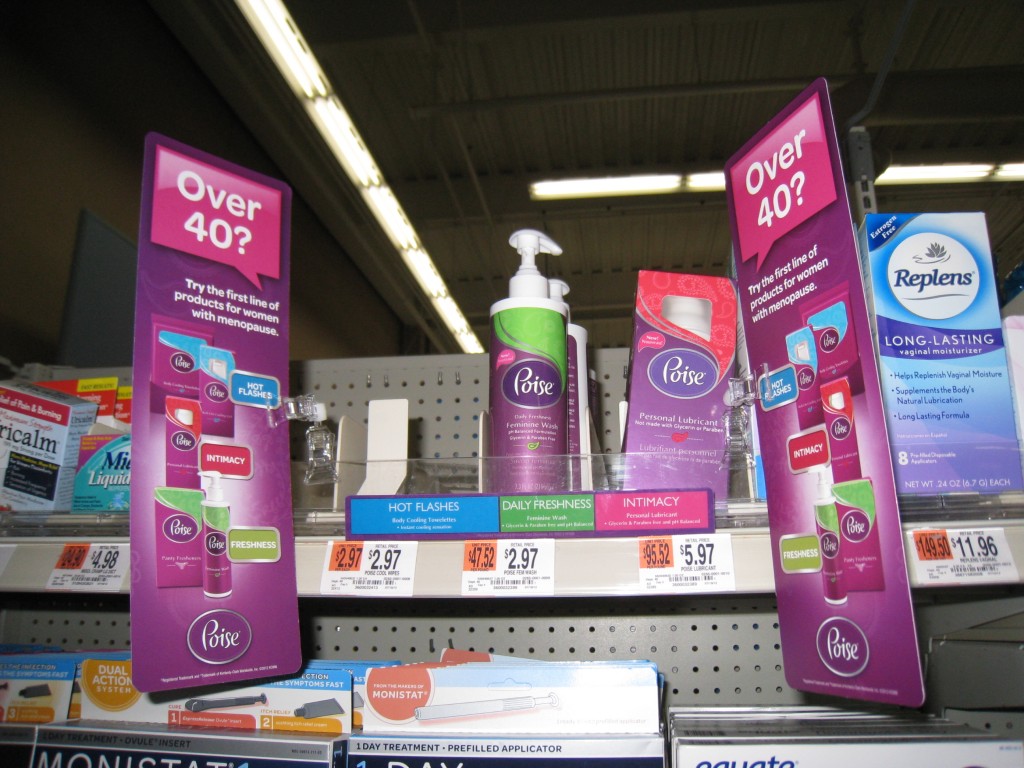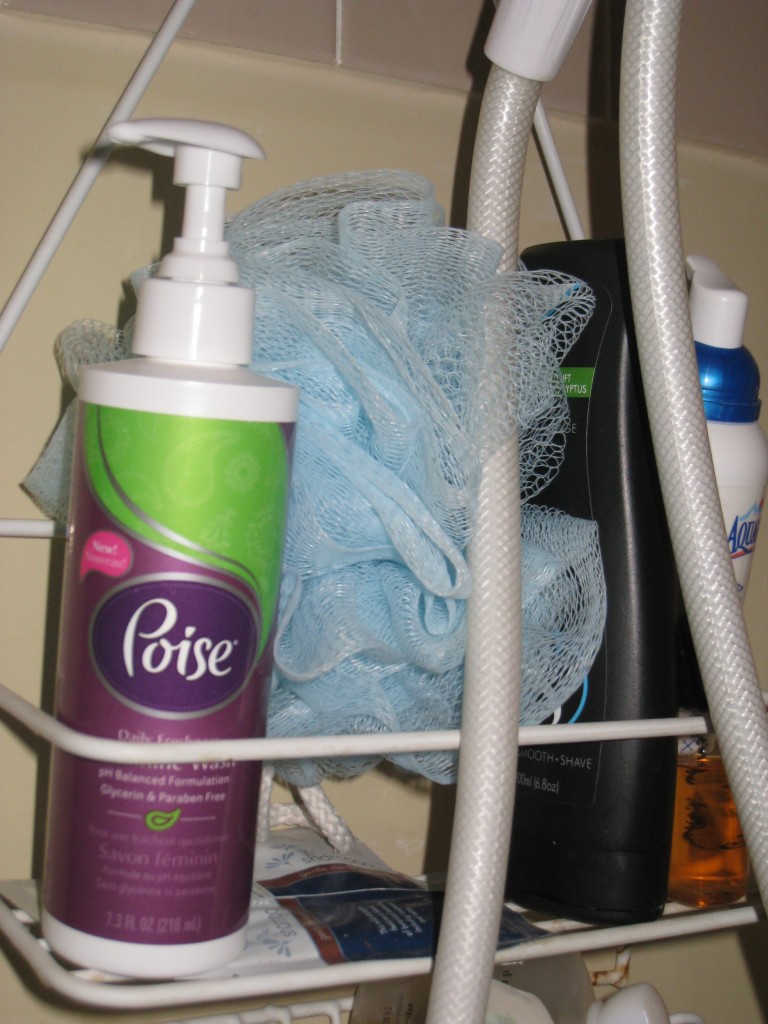
From birth, you have to prepare for old age. The secret is in leading a healthy lifestyle and controlling modifiable risk factors. The idea is to create a culture of prevention. Do not just limit yourself to going to the doctor when the disease is already present.
The first step of prevention should be good, educational information about the care of your integral health.
Also, keep in mind that the family plays a very important role in the physical and mental health of an elderly person.
In general, to reach a healthy old age, it is important that you follow these tips:
Diet
Follow a balanced diet that includes different types of foods. Avoid excess saturated fats and sugars.
A healthy elderly should consume all food groups, approximately 2000 calories, 20 percent less than what adult eats. You should prefer complex carbohydrates such as rice, potatoes, pasta, bread and not eat a lot of sugars: include protein of animal and vegetable origin and consume enough fiber (fruits, vegetables and oatmeal).
Among the important nutrients to take care of are calcium (milk and derivatives), to avoid osteoporosis; chromium (peanut oil, grains and sea products), prevents them from becoming glucose intolerant; Zinc (meats, dairy and seafood), helps immune function and improves appetite, and selenium (meats, dairy, eggs and grains – peanuts and nuts included), is an anti-cancer antioxidant.
If there are diseases such as diabetes or hypertension, the diet should be adapted as directed by the doctor. The interactions between medications and micronutrients must also be taken into account. Don’t be afraid to ask for help from a caregiver, such as beserk.
In general, it is important that you use natural condiments: thyme, bay leaf, garlic, onion, parsley and lemon; Eat your low salt meals and provide a pleasant atmosphere at the time of eating: tablecloth, dishes, cutlery, using contrasting colors, and good company.
Exercise moderately and routinely
Exercises in the neck must be performed to strengthen muscles routinely. Sitting, in a chair, since in some opportunities it can cause dizziness and vertigo, raise and lower the head. Take it to the right and left side. Turn it in a circular shape.
- Practice some daily activity, but before starting any program, consult an expert on the subject and have a previous medical check-up.
- Remember that exercise reactivates the organism and all its systems and guarantees good functioning.
- Stretch your shoulders.
Avoid excesses from a physical, mental and work point of view
These can lead to the appearance of some diseases.
Blood pressure
Check your blood pressure, at least every six months, much more if you are over 60 years old.
Regular tests
One of the most important diseases in elderly women and that can be prevented and treated curatively if diagnosed early, is breast cancer.
There are primary prevention measures such as breast self-examination and even mammograms (especially in those women with a family history of breast cancer) that are very useful for preventing this disease.
The self-exam should be done every month, palpating your breasts to detect any changes you should consult with your doctor.
Incontinence
As a person gets older, they may lose the ability to fully control their bladder and bowel. Incontinence can happen to older adults, ages 65 and up. Living with incontinence can be a huge burden, especially to older people with limited mobility. At this stage, the best way to manage incontinence is to wear protective clothing and pads. However, many older people may resist this change, which is why external catheters for men have proven very useful in keeping the wearer comfortable and clean, with a single change 24/7. Dealing with incontinence is already taxing enough; older people deserve respect and compassion and be allowed to live with dignity.
Older men
In men, it is important that your prostate exam is considered in your routine checkup. There is not only the method of rectal touch but the measurement of substances in the blood that can lead to the prevention of diseases such as prostate cancer.
In both groups, it is important to control the risk factors for lung cancer. Do not smoke. Do not be exposed to the sun to avoid skin cancer. Use sunscreen and do not expose yourself between 10 in the morning and 3 in the afternoon.
Gastric cancer is common. If you have a family history and symptoms at the gastrointestinal level, consult your doctor, he can guide you. Also, modify your diet habits. Include fruits and vegetables. Avoid spicy, condiments, alcohol.
Check your vision every year
For people over 60 years of age, annual checkups are recommended to detect cataracts, glaucoma and retinal diseases.
In patients with diabetes or high blood pressure, who have higher risks of developing diseases in the retina such as hemorrhages or venous thrombosis, these controls are more indispensable.
In those older than 70 years, in addition to cataracts, senile degenerations of the macula can be found, which is the most important part of the retina. It is a degenerative disease that currently has no effective treatment and is considered to be caused by poor retinal circulation.
Watch also for warning signs and see the vision of mosquitoes or floating bodies. the vision of lights which are suspected of tears or retinal detachments; intense pain at night or dark places like theaters; pupils of different sizes, the sudden change in vision, among others.
Dental care
Visit your dentist frequently, at least once a year (better every six months) and much more if you have any discomfort.
Floss twice a day, do not use toothpicks, brush your teeth after each meal, with soft bristle brushes, clean the dentures with hard bristle brushes.
Go to a general medical check-up, at least once a year or in a shorter time if you suffer from a problem or if your doctor suggests it.
The idea is to determine, prematurely, possible diseases and / or prevent their occurrence.
Keep in mind that social security for the elderly has benefited most from Law 100 and coverage has been increased from 20 to 60-65 percent.
Mental optimization
Remove the concept of disability from your dictionary. You are not incapable, socially or psychologically, just because you are old.
Do not disqualify yourself for your age. You are and will remain productive and useful for your family, for society and for the State, even if others say otherwise.
Look for high levels of self-esteem, surrounding yourself with love and love from family and friends.
Low self-esteem will only bring negative consequences such as abandonment, isolation and loneliness and could even make some diseases worse.
Better, laugh often for real reasons, look for affection and affection.
Families should not forget that their presence is fundamental to the quality of life of grandparents. Those who do not have the family as a socio-cultural structure may have an equivalent with friends.
Manage Time
Learn to manage your free time. This is one of the main problems of the elderly, even more so in a culture like ours that limits and isolates. The old man, before doing nothing ends up immobilizing almost completely. The frustration at inactivity becomes greater. Have moments of recreation and recreation (gatherings, board games, theater, walks, music). Exercise spirituality through your concept of God.
Conclusion
Do not forget that there are millions of people over 60 years of age, many of them not only with very high decision-making capabilities but with experiences that only the years have been able to give them.

















